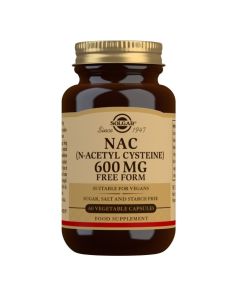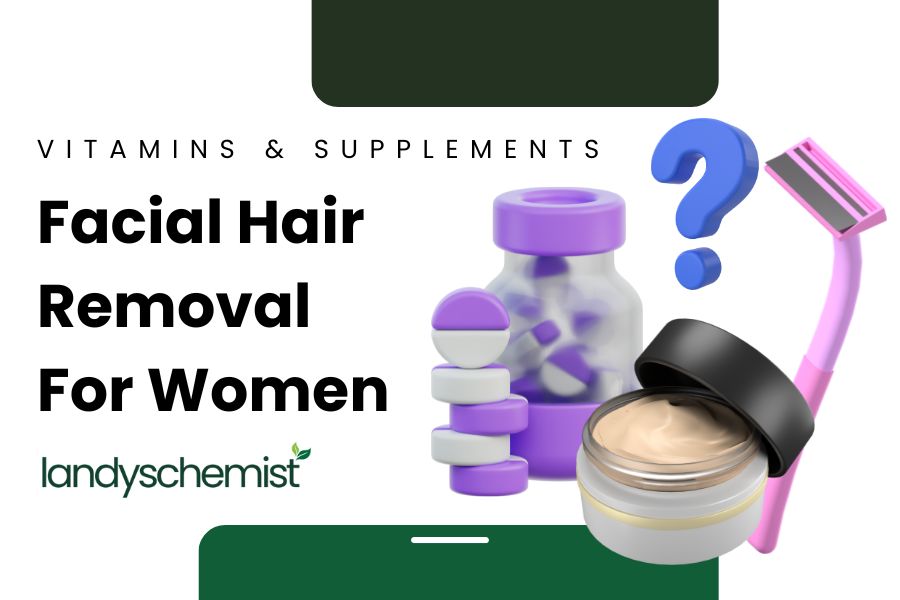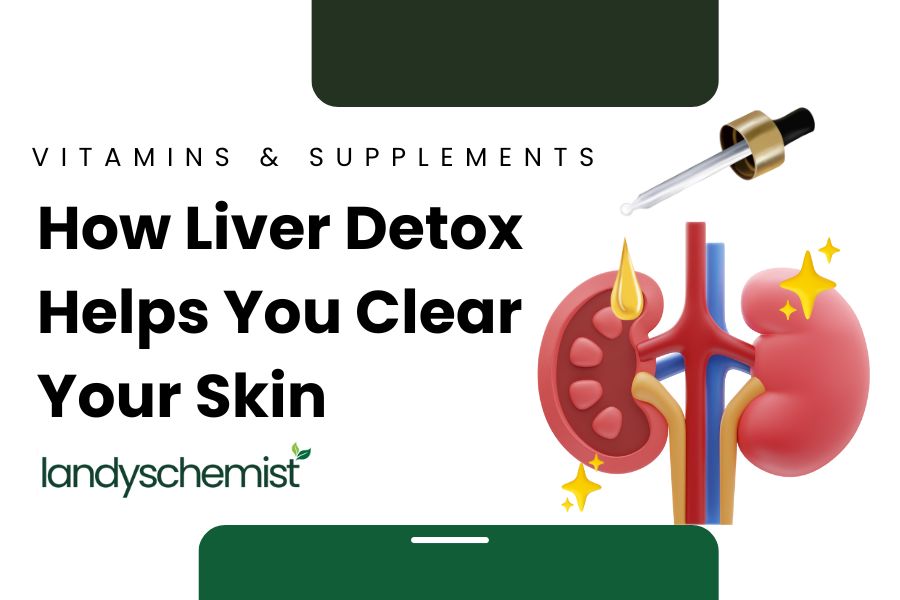
Facial Hair Removal for Women
Facial hair is a common concern for many women, often leading to feelings of self-consciousness or frustration. While it’s natural for women to have some fine hair on their face, excessive facial hair growth can cause distress. This condition, known as hirsutism, often leads to searching for effective methods of facial hair removal. Fortunately, there are numerous ways to tackle this issue, including medical treatments, at-home solutions, and supplements. In this blog, we’ll explore the causes of excessive facial hair in women, with a particular focus on how topical methods like supplements and other treatments can help manage and reduce unwanted hair growth, offering both short-term relief and long-term solutions.
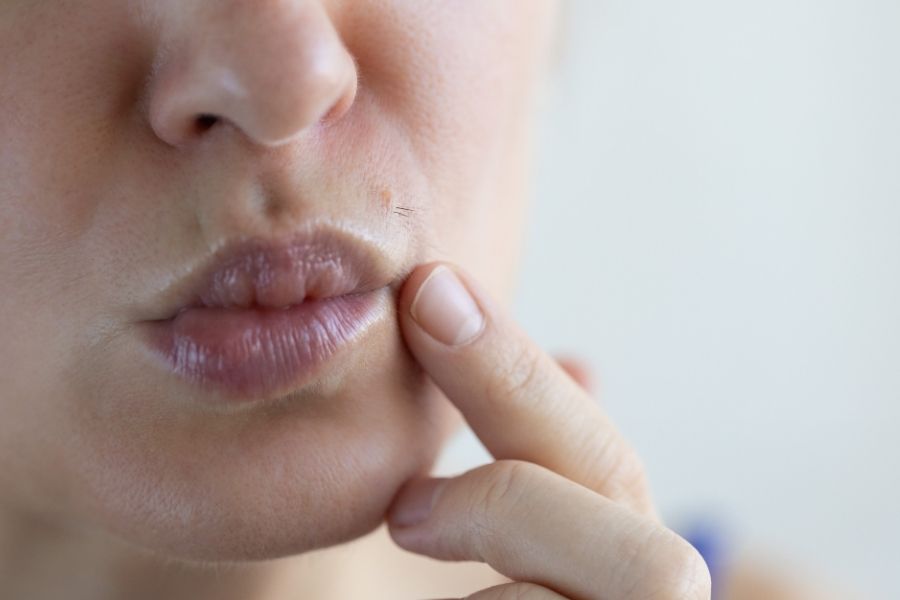
Why Do Women Grow Facial Hair?
Excessive facial hair in women can result from several factors, with hormonal imbalances being one of the most common causes. Elevated levels of androgens (male hormones) can lead to thicker, darker hair, particularly in areas like the upper lip, chin, and jawline. Conditions such as Polycystic Ovary Syndrome (PCOS) are often responsible for these imbalances. Genetics also play a role, as some women inherit a higher sensitivity to androgens, leading to increased hair growth. Additionally, certain health conditions like insulin resistance or Cushing's syndrome, as well as medications, can contribute to excessive facial hair. Identifying the underlying cause through medical evaluation is essential for choosing the right treatment.
PCOS and Excessive Hair Growth
One of the most common causes of excessive facial hair growth in women is Polycystic Ovary Syndrome (PCOS). This condition, which affects around 1 in 10 women, leads to an imbalance in reproductive hormones. Elevated levels of androgens (male hormones) are often the culprit behind the excess hair growth. In addition to facial hair, women with PCOS may experience other symptoms such as irregular periods, acne, weight gain, and scalp hair thinning. PCOS-related excessive hair growth, or hirsutism, typically affects body parts mentioned before - the upper lip, chin, neck, and chest. Managing PCOS with proper care and treatment can help reduce these symptoms, including excessive hair growth.
What Supplements Can Women Take to Stop Excessive Hair Growth?
While there are many methods of hair removal, some women seek out supplements to help manage excessive facial hair caused by hormonal imbalances. N-acetyl L-cysteine (NAC) is one supplement gaining attention for its potential to address this issue, especially in women with PCOS.
How Does NAC Work?
NAC is a powerful antioxidant that plays a vital role in the body’s ability to neutralise free radicals and reduce oxidative stress. It’s a derivative of the amino acid cysteine and is essential for the production of glutathione, one of the body's most important antioxidants.
- Reducing Androgen Levels: Androgens, particularly testosterone, are the main hormones responsible for the development of male-like features in women, including excessive facial and body hair. NAC has been shown to help lower the production of these hormones, which may reduce hirsutism.
- Improving Insulin Sensitivity: Women with PCOS often struggle with insulin resistance, a condition where the body’s cells don’t respond effectively to insulin. This can contribute to the overproduction of androgens. NAC helps improve insulin sensitivity, thereby reducing the hormonal imbalance that leads to excessive hair growth.
- Supporting Liver Function: The liver plays a crucial role in hormone regulation and detoxification. NAC supports liver function, which can help in balancing hormones and preventing the accumulation of excess androgens.
Other Benefits for PCOS
NAC has several other benefits that can help women with PCOS beyond just addressing excessive hair growth:
- Improving Fertility: NAC has been shown to enhance ovarian function by improving the quality of eggs and increasing the likelihood of ovulation. In women with PCOS, irregular ovulation is a common cause of infertility. NAC helps regulate the hormonal imbalance associated with PCOS, improving the chances of conception.
- Supporting Mental Health: Women with PCOS often experience mental health challenges, including anxiety, depression, and mood swings. NAC’s antioxidant properties help reduce oxidative stress, which is linked to these symptoms. By neutralising free radicals, NAC supports brain function and can have a positive effect on mood and overall mental well-being.
- Regulating Menstrual Cycles: One of the primary symptoms of PCOS is irregular menstrual cycles. NAC helps improve insulin sensitivity, which is often impaired in PCOS, leading to a reduction in insulin resistance. By addressing this, NAC can help lower androgen levels and promote more regular ovulation, ultimately helping to regulate menstrual cycles in women with PCOS.
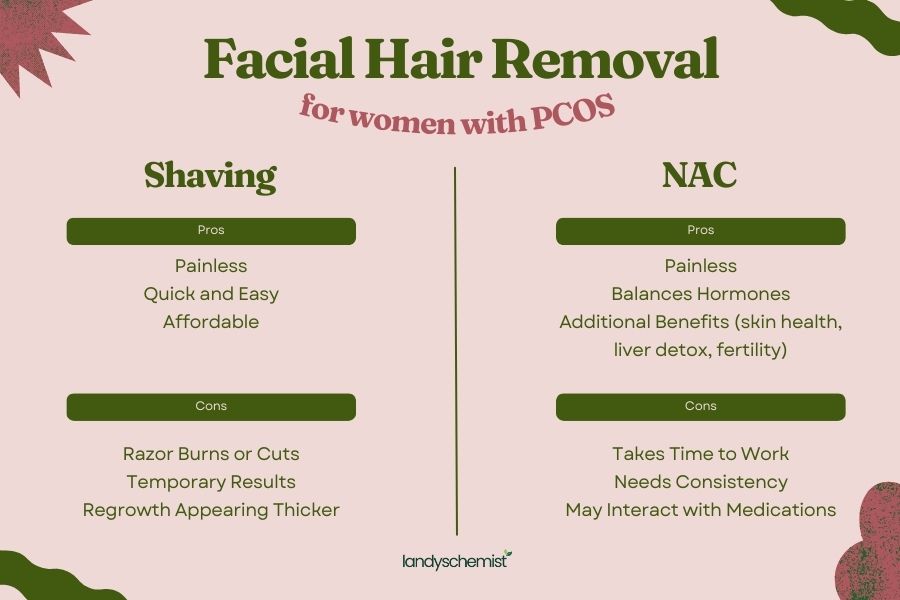
Other Methods That Work
While NAC can be a great solution for managing excessive facial hair growth, there are other methods available for removing facial hair. Here’s a look at some of the most popular hair removal techniques:
Laser Hair Removal
Laser hair removal is a popular option for permanent hair removal. It works by using concentrated light to target and impair hair follicles, preventing future hair growth. However, results can vary, and multiple sessions are often required for long-term effectiveness.
Electrolysis Hair Removal
Electrolysis is a method of permanent hair removal that uses an electric current to destroy hair follicles. Unlike laser hair removal, which is mostly effective for dark hair, electrolysis can treat all hair types and skin colours. It’s a slow process, requiring multiple sessions, but it’s one of the most reliable methods for permanent hair removal.
Facial Hair Removal Cream
Facial hair removal creams, also known as depilatories, are a convenient at-home solution. These creams break down the protein structure of hair, causing it to dissolve. They are easy to use but can irritate sensitive skin, so patch testing is important before use.
Facial Epilator
An epilator is a device that removes hair from the root by pinching it with tiny mechanical tweezers. This method provides long-lasting results compared to shaving, though it can be painful, especially in sensitive areas like the face.
By combining supplements like NAC with hair removal treatments, women can manage excessive facial hair and improve their overall wellbeing. Always consult with a healthcare provider before starting any new supplement regimen to ensure it's right for you.
FAQ
Is Laser Hair Removal Permanent?
Laser hair removal offers long-term results, but it is not always permanent. Multiple treatments are necessary, and hair may eventually regrow. While it can be effective, it is often not a permanent solution compared to NAC supplementation, which works internally to regulate hormones and reduce hair growth naturally.
How Long Does NAC Take to Work?
The time it takes for NAC to show results can vary depending on the individual. Many women begin to notice improvements in their symptoms within 3-6 months of consistent NAC use. However, for significant changes in hair growth, it may take longer, especially if hormonal imbalances are severe.
When to Worry About Excessive Hair Growth?
Excessive hair growth can be a sign of a hormonal imbalance, such as PCOS or hirsutism. If you notice an increase in facial hair or coarse hair in areas typically not affected in women, it’s important to consult a healthcare professional to identify the underlying cause and explore treatment options.
What Is the Best Permanent Facial Hair Removal for Women?
The best permanent solution will depend on individual preferences, skin type, and hair type. However, laser hair removal and electrolysis are considered two of the most effective permanent solutions. That being said, managing the underlying hormonal imbalance with supplements like NAC offers a more holistic, long-term approach.
How to Cure Hirsutism?
Hirsutism can be managed, but it is rarely "cured" completely. Managing the underlying causes, such as PCOS, through lifestyle changes, supplements like NAC, and hair removal methods can help women cope with excessive hair growth. A combination of approaches is often the most effective.
Reference:
- https://pmc.ncbi.nlm.nih.gov/articles/PMC5928870
- https://pmc.ncbi.nlm.nih.gov/articles/PMC9541126/
- https://www.ncbi.nlm.nih.gov/books/NBK470218/
- https://www.who.int/news-room/fact-sheets/detail/polycystic-ovary-syndrome
- https://pmc.ncbi.nlm.nih.gov/articles/PMC2129149/
- https://pmc.ncbi.nlm.nih.gov/articles/PMC3277302/
- https://pmc.ncbi.nlm.nih.gov/articles/PMC8637678/
- https://www.fertstert.org/article/S0015-0282(04)01904-1/fulltext
- https://www.pcosnutrition.com/nac/

